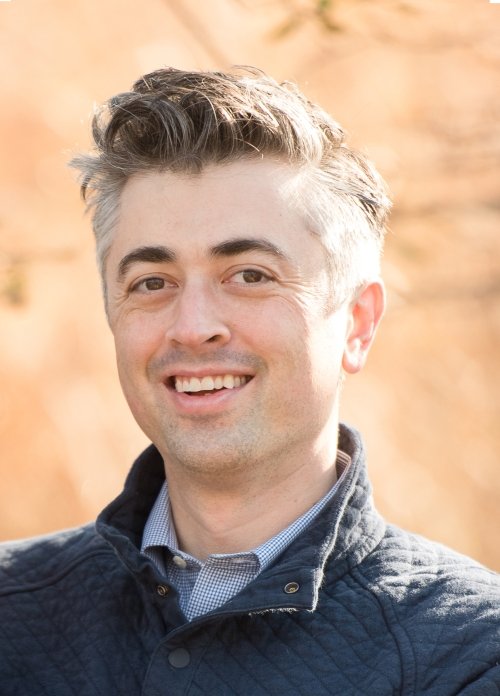How Does the Military Shape Elite Politics in China?
In the People's Republic of China, the People’s Liberation Army (PLA) has played a pivotal role in moments of elite and popular turmoil, from the Cultural Revolution to the 1989 protests and even the rise of Xi Jinping. Yet contemporary political science, with some exceptions, often sidelines or ignores the PLA when discussing elite and mass politics, despite its importance. The Wilson China Fellowship will help support ongoing research on the role of the military in China’s domestic politics. How does the PLA shape elite political conflict? How do foreign threats shape the military and elite politics? How do mass threats shape the military? In answering these questions, the proposed project has policy and academic implications for understanding regime change, foreign conflict, and elite politics in China.

Daniel Mattingly
Daniel Mattingly is an Assistant Professor in the Department of Political Science at Yale University. His research focuses on the politics of authoritarian regimes, historical political economy, and China. His book The Art of Political Control in China (Cambridge Studies in Comparative Politics) examines how the Chinese state controls protests and implements ambitious social policies. It received the best book award from the Democracy and Autocracy Section of APSA, was the winner of the Gaddis Smith International Book Prize, and was named one of the best books of 2020 by Foreign Affairs. Currently he is working on a new book on the role of the military in China’s domestic politics. He received his Ph.D. in political science from the University of California, Berkeley.